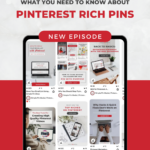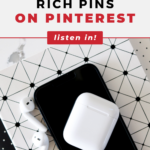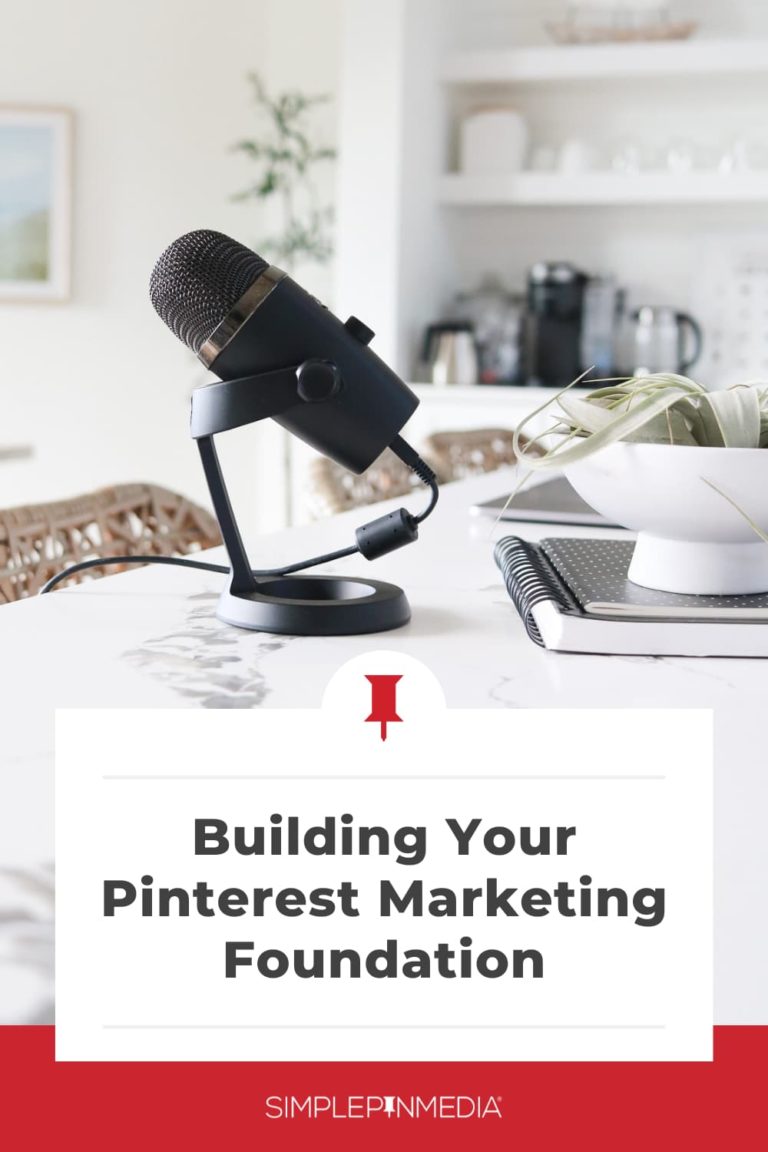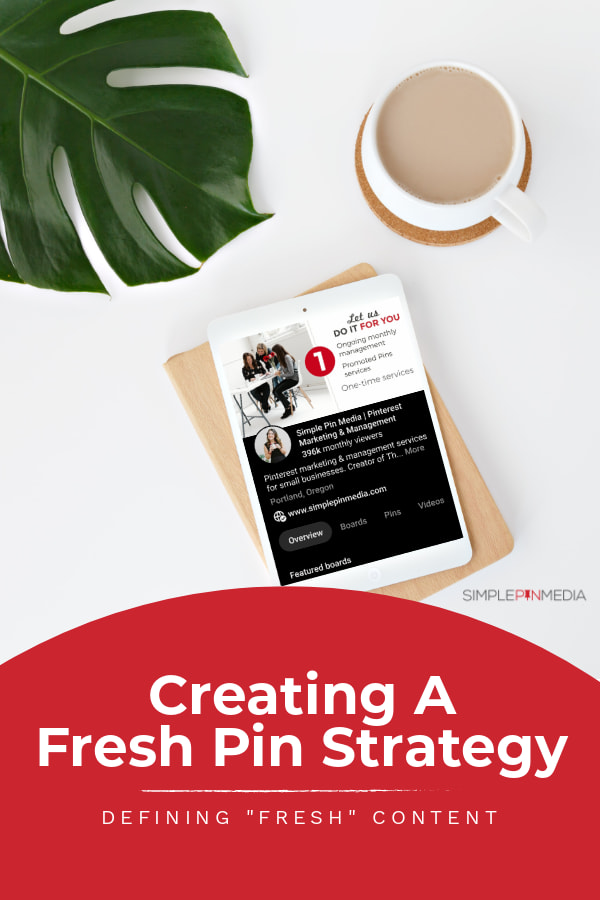Today’s episode is zeroing in on one specific topic: rich pins. We have been receiving a lot of questions lately wondering if rich pins should be turned on or kept off.
Some of you may not even know what a rich pin is, or the history behind this question. This podcast episode is going to bring you up to speed and tell you our expert opinion on whether this feature is beneficial or not.
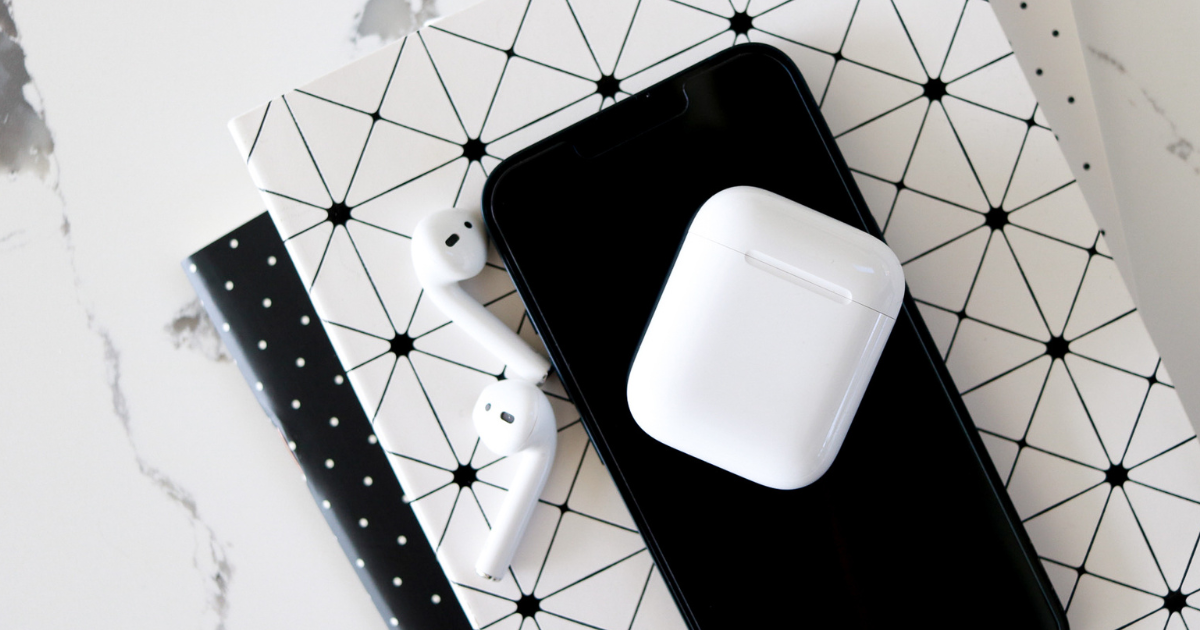
What Are Rich Pins?
Rich pins were introduced by Pinterest in 2016-2017. These pins automatically sync information from your site. You can identify this kind of pin by the extra information shared above and below the image when you click on a pin.
The cool thing about this feature is that if you update a meta-description on your site, the Pinterest pin will automatically update to reflect any of those changes.
Related: Complete Guide to Rich Pins
Different Types of Rich Pins
Recipe Rich Pins – Food Bloggers
These types of pins include the title, serving size, and cook time. They can also include ratings, diet preferences, and a list of ingredients. These pins do not give the step-by-step instructions of a recipe, it just shares the basic details. But by sharing the basics, it eliminates people who come to your site and realize they don’t have a certain ingredient, and leaving right away. By eliminating those people, you get visitors staying on your site longer. These pins are really able to qualify whether or not the recipe is a match and give the algorithm more details about what the recipe includes.
Article Rich Pins – Bloggers
We use these kinds of pins here at Simple Pin Media. These pins add a headline or a title, the description and the author of the article. These rich pins were one of the first. This way people know what site the pin was coming from, and the topic of the post right off the bat.
pRODUCT riCH pINS – Ecommerce & TpT Bloggers
These pins include the most up to date pricing, availability, and product information. Pinterest added this feature because they wanted to ensure that when a product was pinned from your website, it carried the right information. Originally, people would pin a product listing from their site, but there was no way to update it. A pin would be out there with the wrong price, or an item that was no longer available. Pinners would come to their site and get annoyed because the information they had seen was no longer accurate. So this was an easy way for eCommerce sellers to pin their products, and have them get automatically updated as needed.
Should These Pins Be Kept On or Turned Off?
A few years back, Pinterest had a big struggle with stolen pins. There were bots that would use scraping tools to scrape an image and automatically redirect it back to their website instead of the original owner’s website. There was a huge plummet in traffic for a lot of people. It seemed like there was no way to stop it; you couldn’t report it fast enough. And so from this whole debacle came recipe rich pins.
Showing the original ownership of a post made it harder for pins to be stolen. So essentially, rich pins give more quantitative data to both the algorithm and to the people. It’s like SEO for a pin.
When recipe rich pins were first introduced another fiasco took place: RecipeGate. Pinterest would bypass the user’s site and immediately pulled up the directions of how to cook the recipe. So instead of going to the website, and giving the owner proper credibility, Pinterest swiped past it. People weren’t clicking through to websites because Pinterest was giving them all the data on the pin. This received lots of pushback. That is no longer happening, but thus began the belief of turning off rich pins. If everybody turned off rich pins, then Pinterest couldn’t do that anymore.
There’s been no general consensus across the board as to what works or doesn’t work. There are a lot of one off stories of rich pins working for people, but there’s a fair amount of stories about them not working for others. In the world of social media it’s important to note that what works for one might not work for you.
Before we get into whether recipe rich pins should be on or off, let us clarify… article and product rich pins should absolutely be ON! You would be doing yourself a disservice to turn them off. Our advice here mostly applies to those who are in the food creator space. If you are not in the food creator space and you don’t have to worry about ingredients, just leave them on.
Our expert advice for those in the food creator space wondering if you should turn rich pins on or off is to keep them on. Here’s why:
- Seeing the ingredients qualifies the user faster. They can quickly see the recipe, and know if they have the ingredients to make it. This in turn, increases the time people are going to spend on your website.
- All the ingredients add keyword value for Pinterest. If someone is searching for a recipe with sour cream, and your pin has sour cream in the list, it helps the algorithm know to include it in search results.
- People on Pinterest are much more likely to stay on your site longer when they have all the ingredients on the list. They’ll go to find the instructions on your site and keep that page open while cooking.
- Metadata is attached from your site, preventing people from scraping content. It acts as a security blanket.
If you’re currently seeing increases in your traffic, then maybe hold off on changing things up. Q2 is the lowest traffic time on Pinterest, so if you are planning to do a test with recipe rich pins this time of year, please make sure you’re comparing it to last year’s data. If you’re new to Pinterest and you don’t have last year’s data, we highly recommend you don’t do it until you have at least two years worth of data to compare it with.
We hope this helps you determine whether you should leave rich pins on or off. Let us know in the comments below what you’ve found when it comes to rich pins on Pinterest. We love hearing from you!
More Simple Pin Resources:
Rich Pin Article from Pinterest
